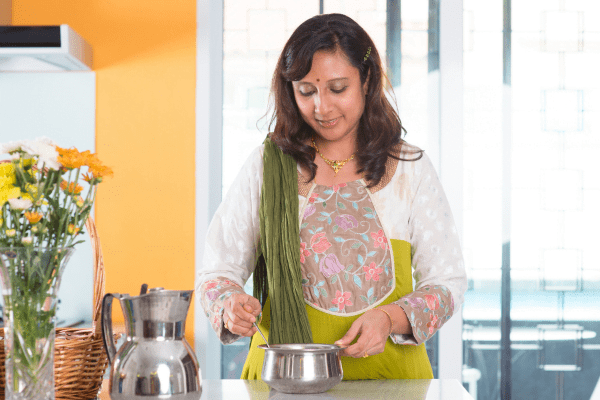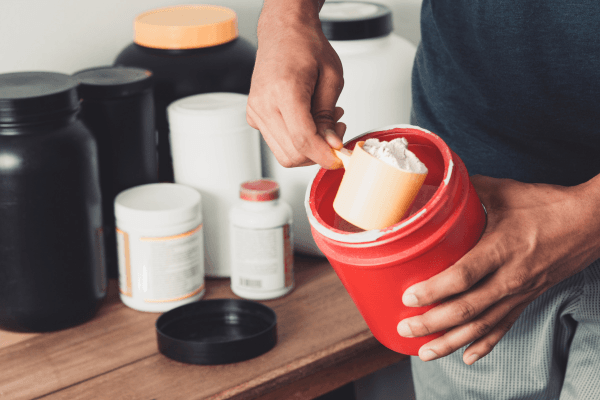Lower GI/GL is linked to better blood sugar management, weight control, and heart health. Cooking time, processing (refining grains removes fiber), and ripeness (overripe fruits have more sugar) all raise GI. Cooling some cooked foods (rice, pasta) can create resistant starch, lowering GI. Cooking methods like boiling/steaming are better than frying for lower GI. Pairing carbs with protein and fat can slow sugar absorption and reduce GI. Choose whole grains, vegetables, and lean proteins over processed foods for better blood sugar management. Global regulations for GI labeling may vary by country.
Original article posted here: https://www.thelondonobesityclinic.co.in/does-cooking-alter-glycemic-index-and-glycemic-load/





